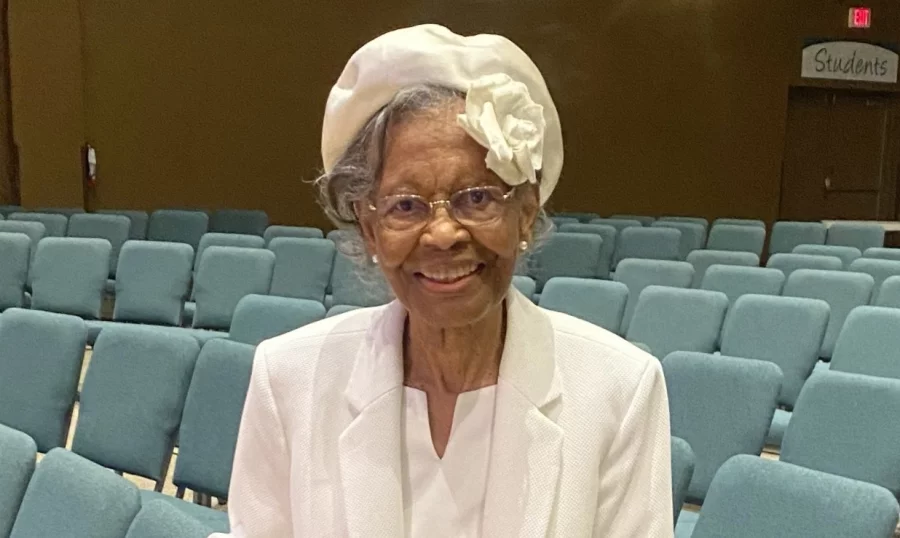 Evolution is relentless process that seems to keep going and going, even when creatures live in a stable, unchanging world.
Evolution is relentless process that seems to keep going and going, even when creatures live in a stable, unchanging world.
That's the latest surprise from a unique experiment that's been underway for more than a quarter-century.
Evolution is so important for biology, medicine and a general understanding of our world that scientists want to understand it as fully as possible. That's why, in 1988, biologist took a dozen glass flasks and added identical bacteria to each of them. Those 12 populations have been evolving ever since, letting scientists watch evolution in real time.
Day after day — including holidays and weekends — workers in Lenski's lab at Michigan State University in East Lansing feed and care for the E. coli bacteria. The bacteria eat and divide again and again. The original microbes have produced more than 50,000 generations over the last 25 years.
Random mutations have allowed them to get fitter, meaning they reproduce faster. "In evolutionary biology, fitness is this representation of the ability of an organism to survive and reproduce," says Lenski. He explains that all else being equal, organisms that reproduce more quickly will have an advantage when competing with those that reproduce more slowly.
Early on, Lenski predicted his bacteria would adapt and adapt but eventually hit a wall — that they would reach a peak level of fitness they couldn't improve on.


 A newly discovered species of large dinosaur lived in marshy areas, hunted for fish and had...
A newly discovered species of large dinosaur lived in marshy areas, hunted for fish and had... Scientists may have discovered an explanation for a cosmic mystery uncovered by the James Webb Space...
Scientists may have discovered an explanation for a cosmic mystery uncovered by the James Webb Space... She navigated segregation to become an esteemed mathematician — and today, her work helps billions of...
She navigated segregation to become an esteemed mathematician — and today, her work helps billions of... NASA is cutting short a mission at the International Space Station due to a medical issue...
NASA is cutting short a mission at the International Space Station due to a medical issue...






























